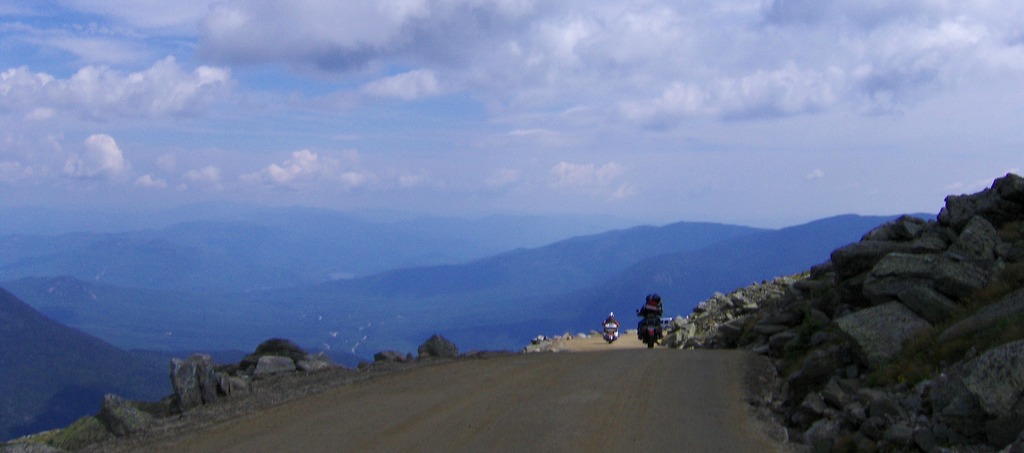Some years ago, a friend and I drove up Mount Washington which is the highest peak in the Northeast United States. It is by no means any comparison to many other peaks, but it is a formidable one to drive. It is a narrow roadway that serves as both the winding path up and back down the mountain. The road can be extremely foggy and slippy and I am not sure if it is more nerve-wracking for the driver or the passenger who can see the precipitous drop-off right outside their window. But what’s this got to do with learning or gamification you ask? Well, there were cutoffs periodically on the journey. They highly suggested that you use them to pull over and stop the car and let the brakes cool and/or unclench your hands from the steering wheel. And this is a great metaphor for how games are constructed and more learning should be.
What do I mean by that? Well, have you ever played a video game where you got stuck on one level and you had to play it over and over and over again before you could tackle it? And then the next level seemed, well really easy. Almost too easy. That is by design. Game designers are great at pushing you just to the edge of giving up. The challenge may seem super hard but ultimately it is doably difficult. And after struggling and overcoming the challenge of a really tough level, it is common for the game to give you an easier level. It lets you breathe a little, settle into your new level of skill, and prepares you for the next climb upward.
When courses are built to just pile on challenge after challenge in a completely uphill climb without any breaks for the learner it can be overly taxing and cause them to give up. The challenge level should increase with their skills but that doesn’t mean that they don’t need little breathers in between. It provides a time to reflect and celebrate the progress they have made and get them ready for the next challenge. It is OK to give them a lighter assignment or something that is a little easier in between challenges so the learners can appreciate that they have built up their mastery from where they started. This will help keep them motivated to tackle the next hill … or mountain.
(Image of Mt Washington by Joe Shlabotnik on Flickr)

